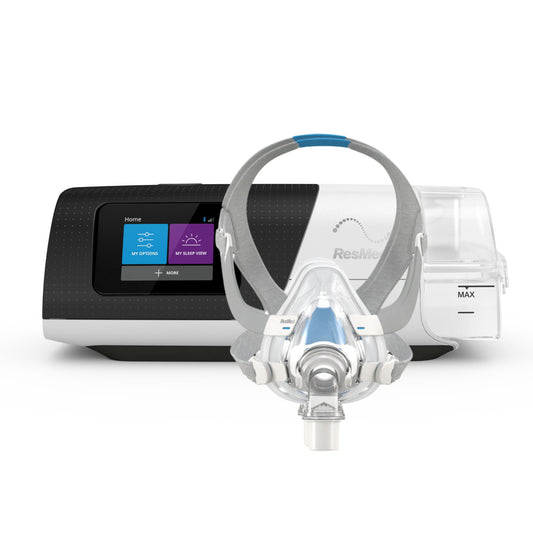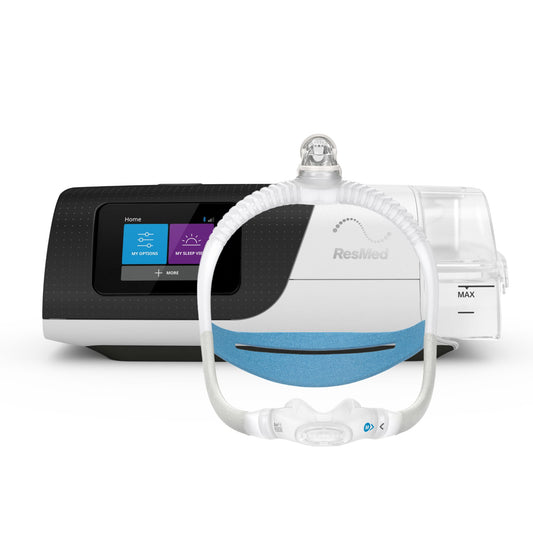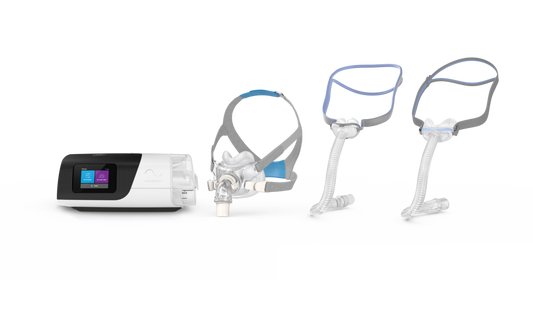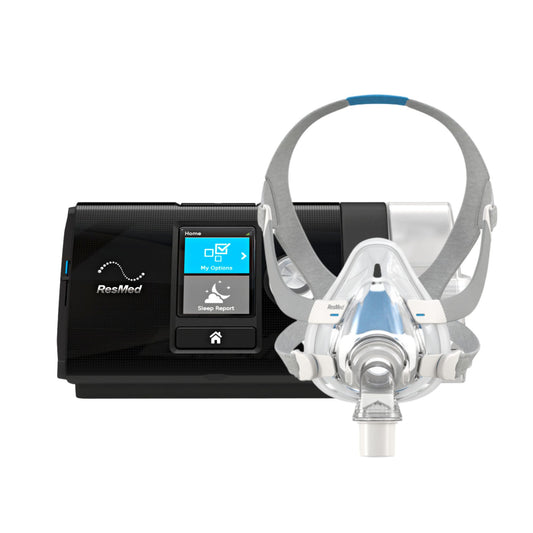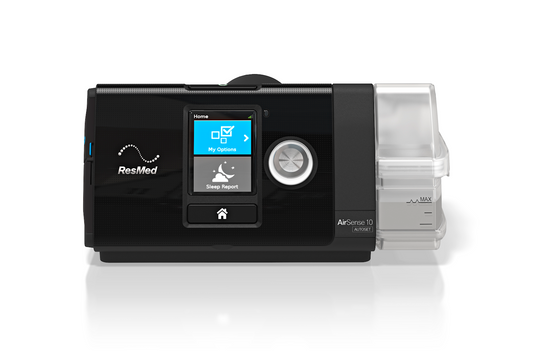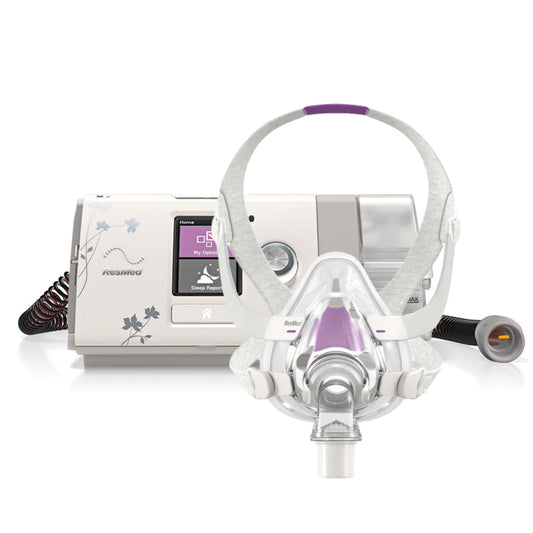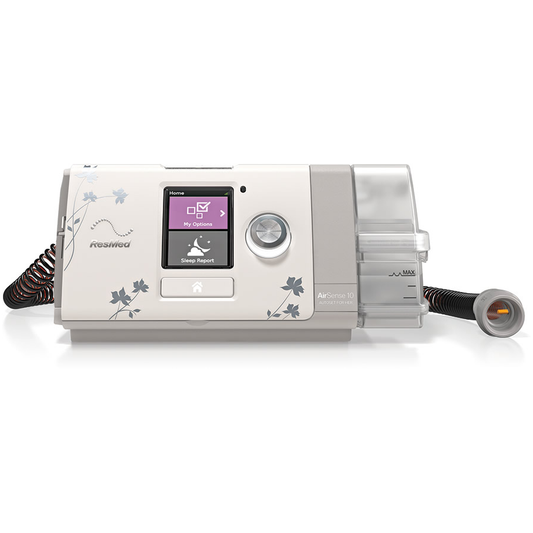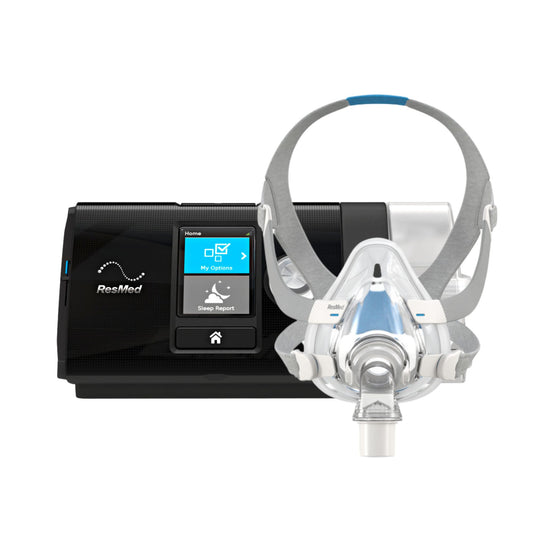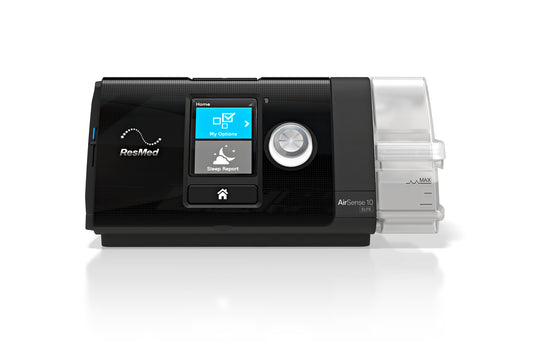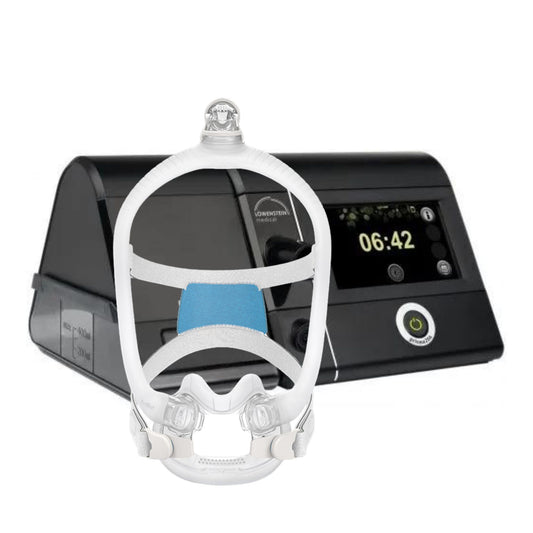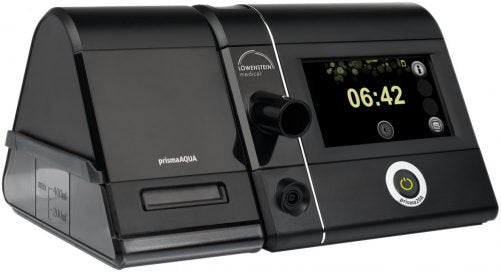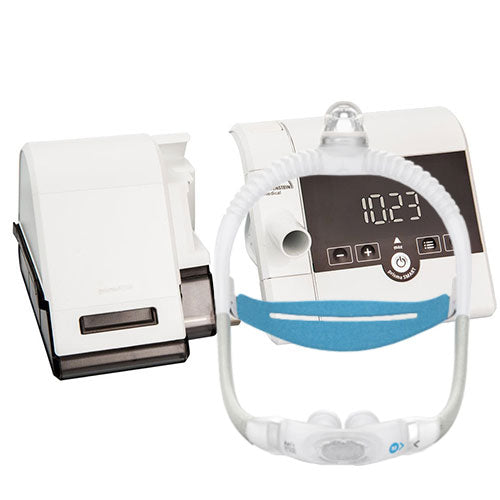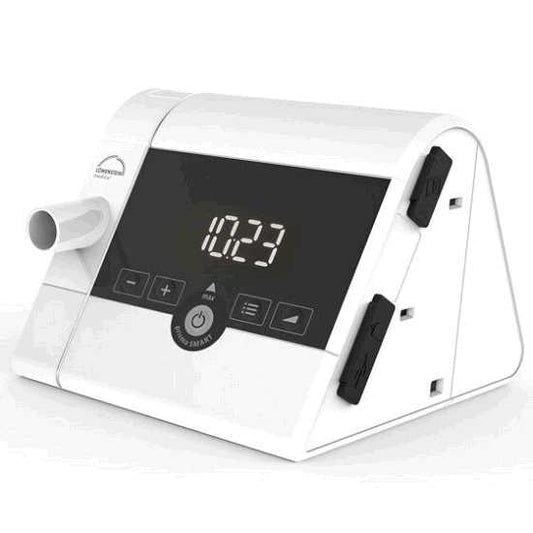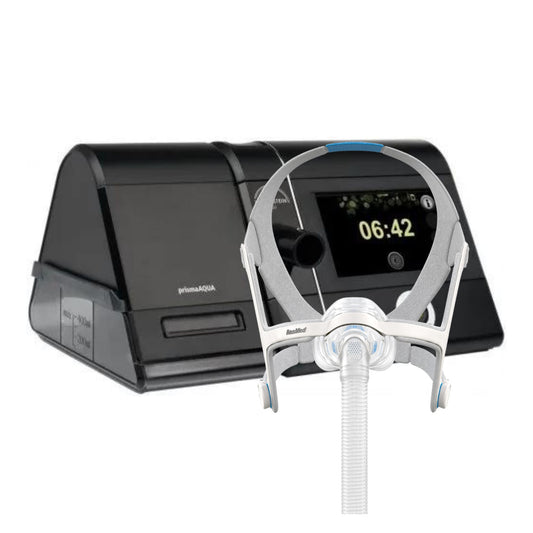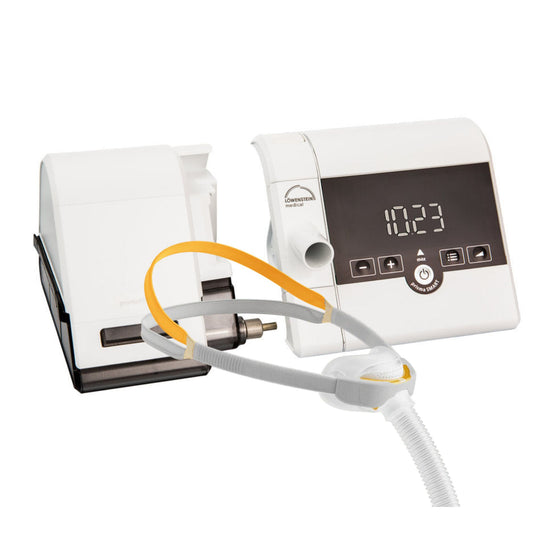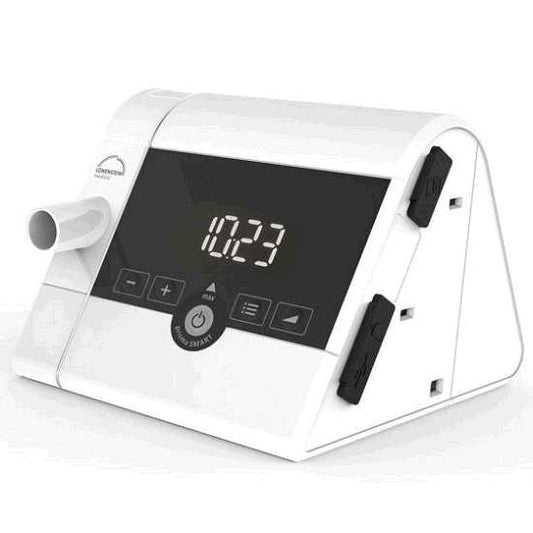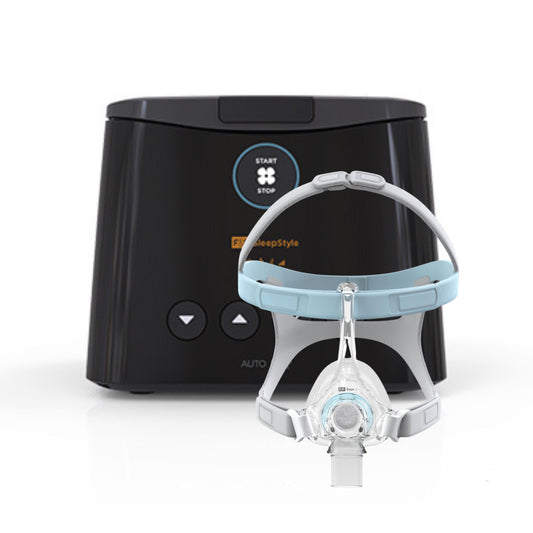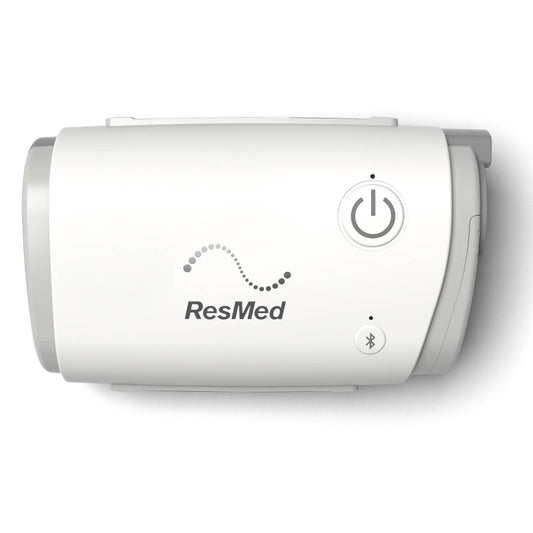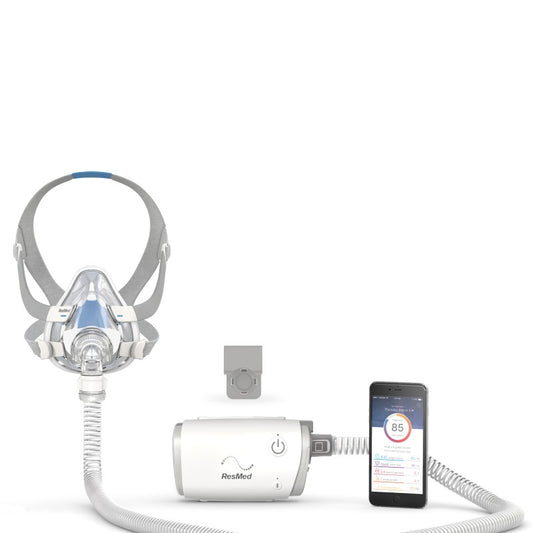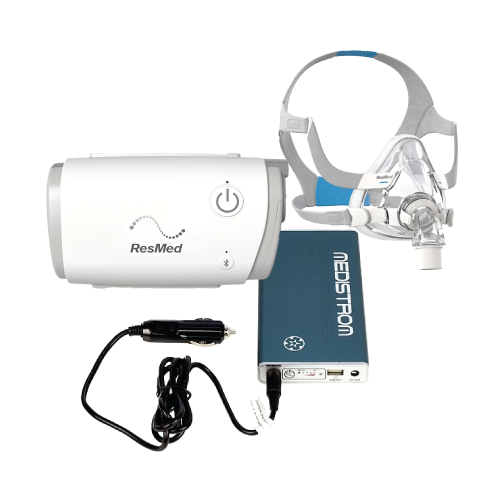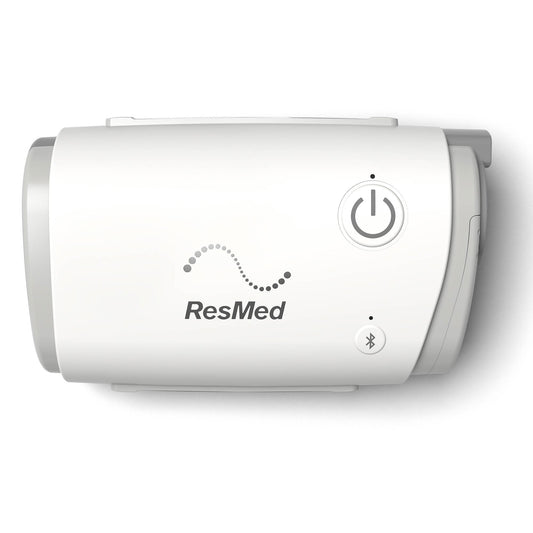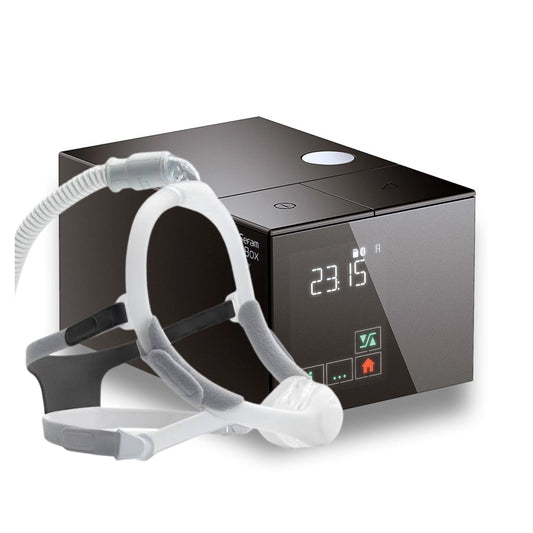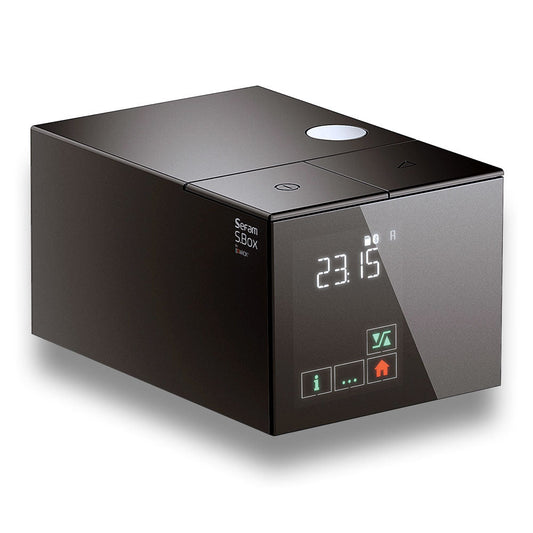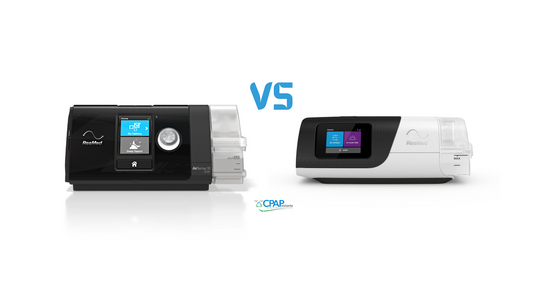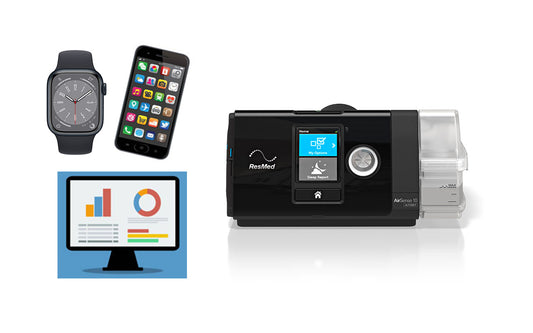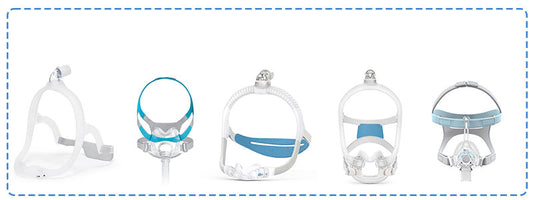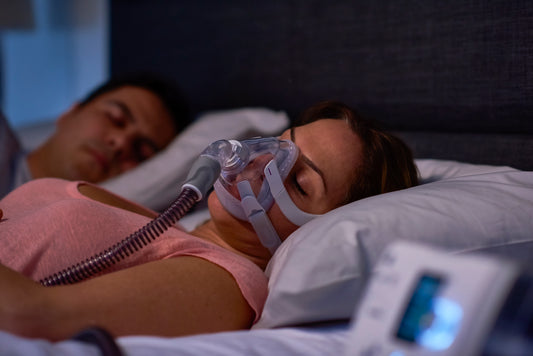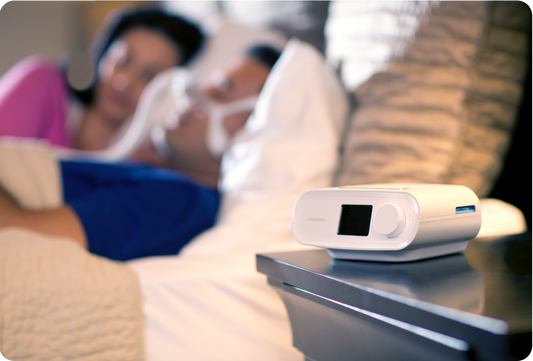Snoring is frequently associated with Obstructive Sleep Apnoea (OSA). Additionally, OSA may be linked to headaches.
In everyday medical situations, headaches are a common pain problem. Almost everyone has dealt with a headache at some point. While the intensity of the pain can vary, it's always bothersome and can sometimes be quite severe. Only specific parts of the head can sense pain. The brain itself doesn't feel pain, but the veins, arteries, muscles, sinuses, nasal cavities, and the coating of the skull do.
There are three main types of headaches: muscle contraction headache, blood vessel headache, and neuralgia. The first type feels throbbing, the second is like a tight band around the skull (tension headache), and the third causes sharp, stabbing pain.
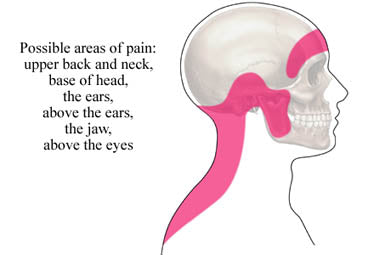
Interestingly, headaches often occur alongside other conditions like sleep apnoea and snoring. Morning headaches are common in these cases. Effectively managing these headaches requires understanding the related conditions for accurate diagnosis and prescribing the right treatments.
What causes pain? It is the result of changes in the muscles and blood vessels.
It is usual for people who snore and have sleep apnoea to wake up with a headache. The pain usually goes away on its own during the day. This situation is commonly exhibited by middle-aged, obese men. Other symptoms of OSA include daytime sleepiness, hypertension, loud snoring and arrhythmias.
Snoring causes disrupted sleep not only to the sufferer but his/her bed partner as well. The stress brought about by possible arguments with bed partner or other family members who lack sleep due to the sufferer’s snoring adds to tension headache triggers.

A person’s facial features may contribute to excessive muscle contraction and snoring. This could be termed as temporomandibular joint dysfunction, which is a treatable condition done by an orthodontist or oral surgeon. In some cases, using a mandibular advancement device (MAD) will help reduce the snoring.
Hypertension and headache in one breath.
Sleep apnoea and hypertension have been coupled with headaches. Studies regarding the possibility that medications for hypertension and sleep apnoea may worsen headaches. Now this could be a dilemma for a person who has OSA and is hypertensive, add the fact that most headache sufferers (and snorers) are overweight. The connection is that being obese adds to the list of his psychological stressors, thereby aggravating his headaches. A healthy option would be to reduce calorie intake and exercise more to burn unwanted calories. Weight loss can lead to less snoring, more sleep, less tension, less headaches.
Coffee, sleep apnoea and chronic headache could be linked.
People who lack sleep are naturally sleepy during the day. To combat sleepiness, the tendency is to drink excessive amount of coffee, and too much coffee has been considered to cause chronic headache. Caffeine is in coffee, cocoa, tea, and cola. Excessive consumption could lead to tolerance. A missed cup of coffee could lead to withdrawal headache and the tendency is for the sufferer to gulp cups of caffeine to relieve the headache. The result is a vicious cycle. The best way to avoid caffeine-induced headache is to taper one’s intake or total abstinence.

Snoring and sleep apnoea causes headaches because of the changes in the oxygen and carbon dioxide levels in the blood. Early morning headaches are common for someone who has untreated OSA and snoring due to poor ventilation during sleep. Vascular headache could be attributed to retained carbon dioxide. The solution is to use CPAP machine to address snoring, poor ventilation, and sleep apnoea. The proper CPAP therapy will eliminate all the symptoms including headaches.
Find a clinic or call us now for a consultation 1300 750 006.
